Getting a dog for the very first time is an overwhelming and thrilling undertaking. When a prospective pet parent is looking out for dog breeds, there is a need to have some level of consideration for the person's lifestyle, energy level as well as the capacity to train and take care of the pet. Thus, some breeds will inherently be easy and friendly and are better bets for everyone who is considering having a dog for the first time.
In this post, we will look at the friendly dog breeds for first-time dog owners as some will be better than others in their easiness of care and affection. If you want a small, cute lap dog or a little delightful creature who will also be an active friend, then this list includes all kinds of breeds meant for you.
Cavalier King Charles Spaniel
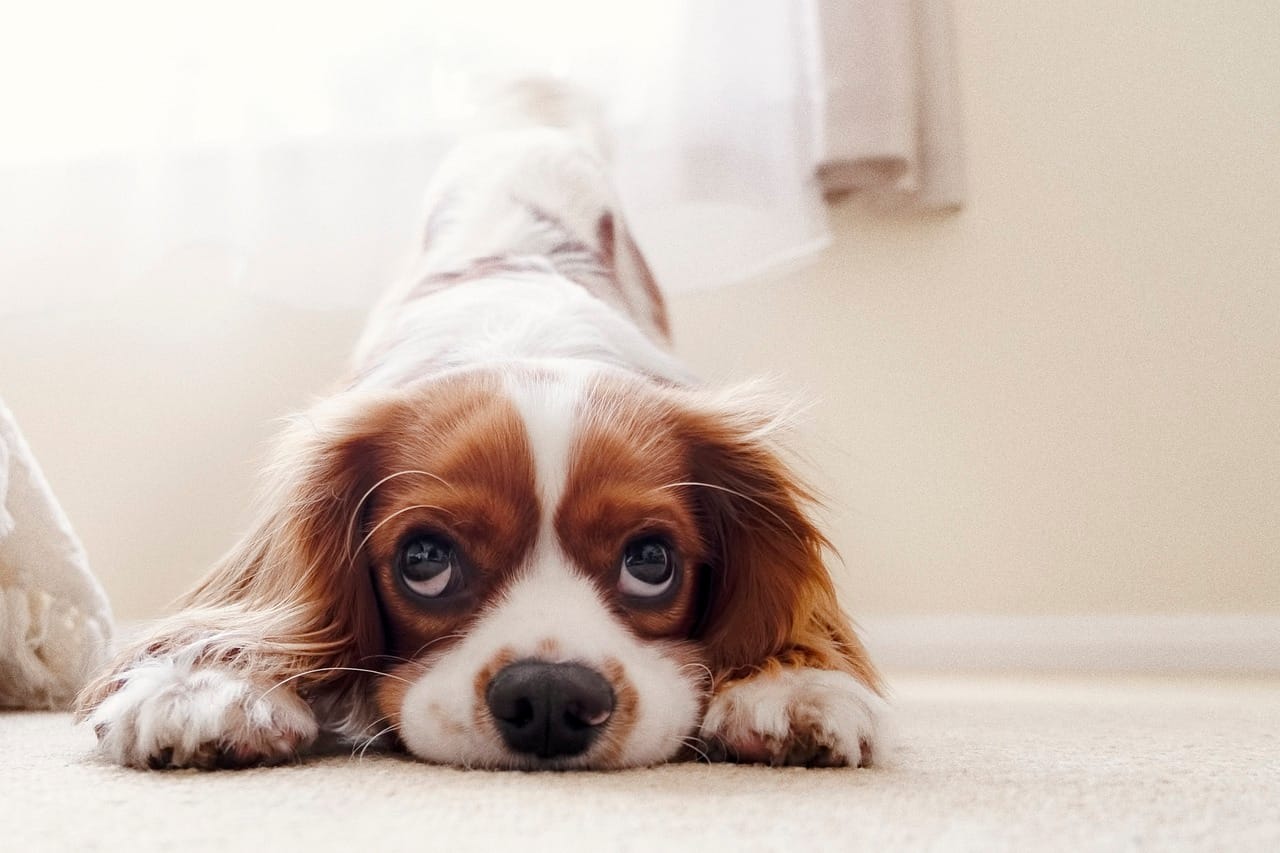
Why They're Great for First-Time Owners:
- Temperament: Nice, loving and relaxed.
- Size: Small (13-18 pounds).
- Exercise Needs: Moderate.
The Cavalier King Charles Spaniel belongs to a dog breed that is quite ideal for those owning dogs for the first time because of their calm, gentle, and caring nature. Cavaliers are little people who are friendly and cuddly and, therefore, love having a family around them. They are small enough for their apartments but also enjoy taking walks and playing outside.
These puppies' affectionate personalities are perfect for children, other pets, and even strangers. Cavalier King Charles Spaniels are also quite easy to train and thus suitable for novice pet owners who need to learn how to properly care for and manage a dog.
Grooming:
They have soft, long, silky hair that needs to be groomed almost daily to avoid matting, but they are not heavily shedding. Thus, they should be a reasonable option for a new pet parent.
Labrador Retriever
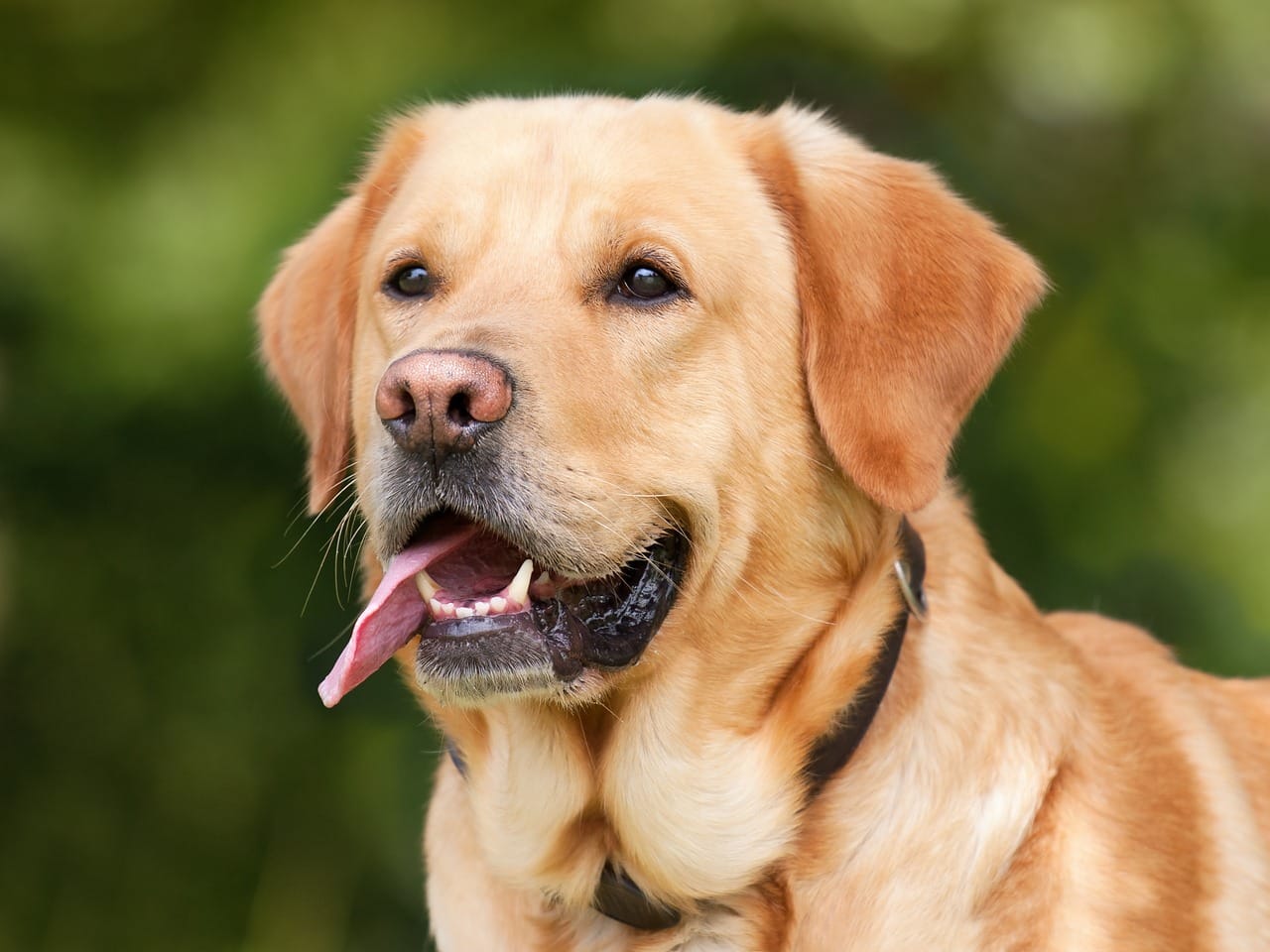
Why They're Great for First-Time Owners:
- Temperament: Affectionate, social, eager to serve.
- Size: Medium to large (55-80 pounds).
- Exercise Needs: Very High.
There is no shortage of reasons that will explain the popularity of the Labrador Retriever dog breed as it is one of the most popular and owned breeds in the world. This friendly and outgoing breed also makes excellent family and first pet choices since many members of the family may be new to dog ownership. They are alert, want to please, and learn fast – which is also good for inexperienced dog owners.
They are very sociable among themselves and with other dogs and pets. A lot of exercise is also essential, so it might be a more suitable dog for owners who are quite energetic or for families who love exercising or being outdoors.
Grooming:
Since labs have a washing and grooming coat of short hair, they do not need much grooming. Nevertheless, they do shed from time to time, so a quick brush every week or two helps them stay tidy.
Shih Tzu
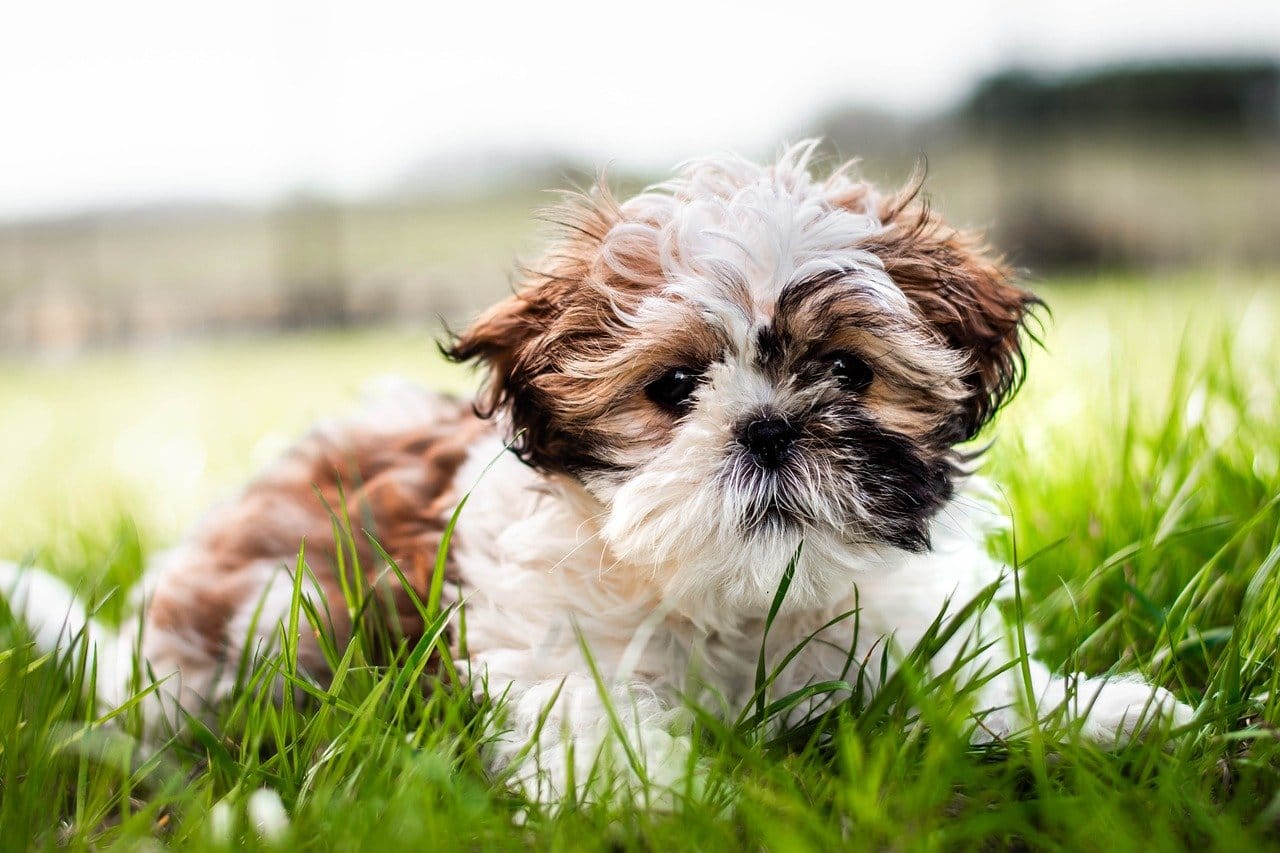
Reasons they are easier for beginners:
- Temperament: Cuddly, friendly, and flexible.
- Size: Toy breed (not more than 9-16 pounds)
- Exercise Needs: Low to moderate.
The Shih Tzu breed of dog is very small but very much a people-loving breed, often expecting treats for being taken out. First-time dog owners will also benefit from the lack of stress exercise that the Shih Tzus requires. A short leash coupled with sufficient interior activities is just right for them since they do not prefer to be more active without the outdoor exercise medium; all that is sufficient for house attendants or hyperactive individuals concentration-wise.
They are also good with other pets, kids, and some new people, making it easier for first-time you seeking these dogs.
Grooming:
The Shih Tzu is a toy breed of dog with long hairs that need some combing or cutting depending on the owner's preference. Still, some, instead of bringing their dogs to the salon or some other controlled environments, would rather have the puppy cut in summer.
Pug
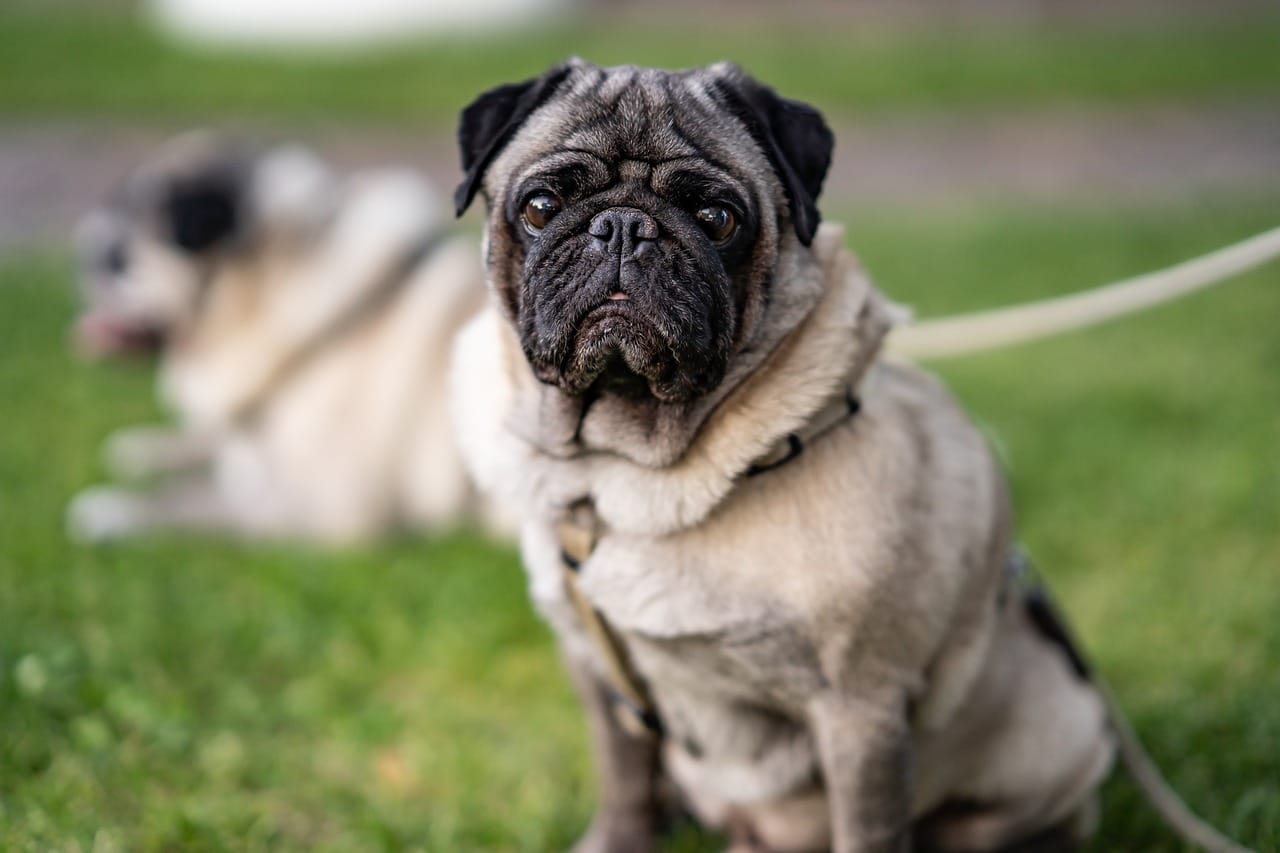
Reasons they are more comforting and for beginners:
- Temperament: affectionate, good-natured, cheeky.
- Size: Small (not uppermost-14-18pound).
- Exercise Needs: Low.
They are friendly and have a cute face with folds. This breed is suitable for novice dog owners as they are friendly and do not require a lot of exercise. Pugs are small but quite strong, and they get attached to their families, which is why they are good pets.
These are low-maintenance and low-energy dogs, meaning they will be equally content lying on the couch and watching television or playing outside. Their sociable character helps them to get along well with kids and even other pets.
Grooming:
Pugs have compact hair coats that are prone to shedding, hence the necessity of regular brushing to help manage ultimate shedding. They also require care on the facial folds, which should be wiped at least once a day to prevent bacteria infection.
Golden Retriever
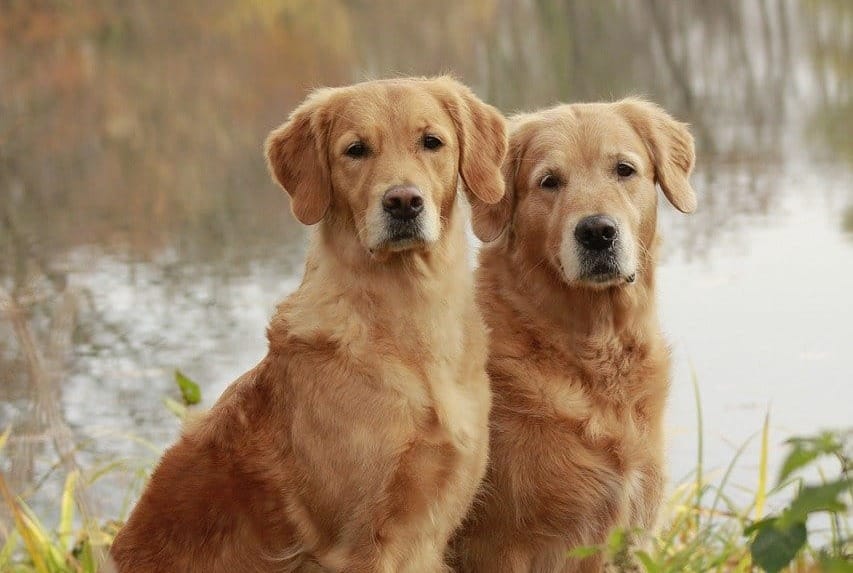
Why They're Great for First-Time Owners:
- Temperament: Nice, quick-witted, and very faithful.
- Size: Medium to large weight (25–34 kg or 55 – 75 pounds).
- Exercise Needs: High.
Golden Retriever is one of the most popular family breed dogs, especially for beginners. As pets, Goldens are they are naturally friendly-hearted towards everyone: whites, children, and other pets. And they are very gentle, smart, and obedient even with strangers, which is a plus, especially for first-time pet owners.
Since they love to run around, Golden Retrievers are energetic dogs. Thus, they are recommended for families with active parents and children who spend a lot of time walking, jogging, and running around or doing fetch games.
Grooming:
A Golden Retriever has a thick double coat, which is rather heavy framed and will shed plenty of hair especially when the shedding period comes. This hair can be reduced with regular brushing.
Bichon Frise
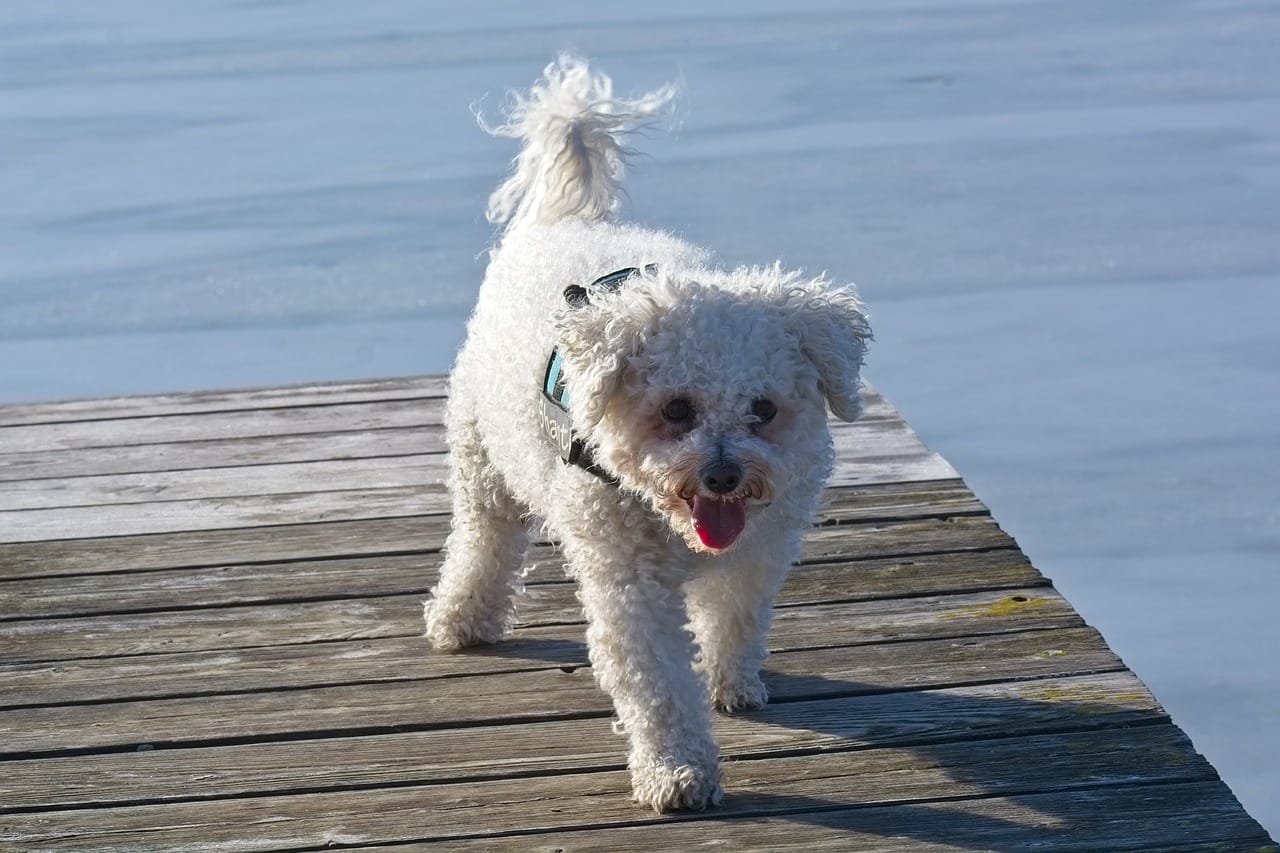
Why They're Good for New Owners:
- Temperament: Happy-go-lucky, energetic, and loving.
- Size: Tiny (12-18 pounds).
- Exercise Needs: Little to moderate.
Bichon Frise is an affectionate, jovial breed that loves to be around people. They are cuddly and are great as pets making them suitable for novice dog owners who want a small dog that is very loving. Bichons do not need a backyard; they can live comfortably in apartments or even small houses since they are small and only need a little room.
It has a non-shedding fur coat, which is a good option for most people who are allergic to fur.
Grooming:
A Bichon fur needs stripping, hive leaves, and a regular wash to stop them from looking shabby. However, some cannot afford the services or the time, and so go for grooming for a few months at a time for the coat.
French Bulldog
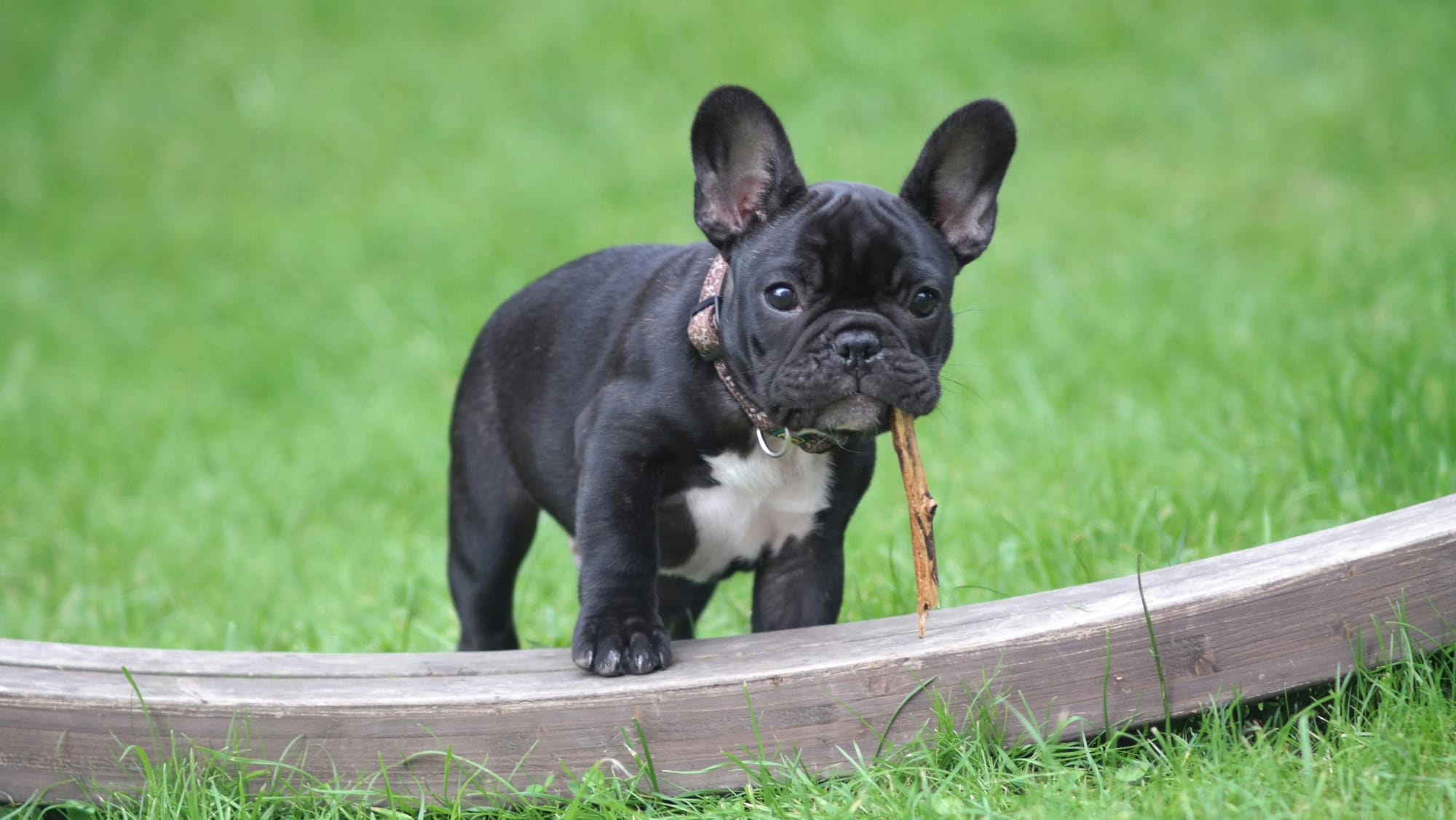
Why They're Good for New Owners:
- Temperament: "suitable, sociable and playful, hardy, loving."
- Size: Tiny (16-28 pounds).
- Exercise Needs: Low.
French Bulldog is another favorable breed for first-time dog owners since they are loving, relaxed, and very low maintenance. French bulldogs are small dogs, thus suitable for small accommodations, while they do not engage in intense exercises, which are quite ideal for those living a slow-paced lifestyle.
French Bulldogs and their owners share a special bond that is characterized by affection and companionship, and these dogs get along well with other kids and animals.
Grooming:
French bulldogs' short-haired coats have low grooming requirements but may incur some shedding with the bulges. They require being brushed regularly and given a bath from time to time to maintain their fur.
Cocker Spaniel
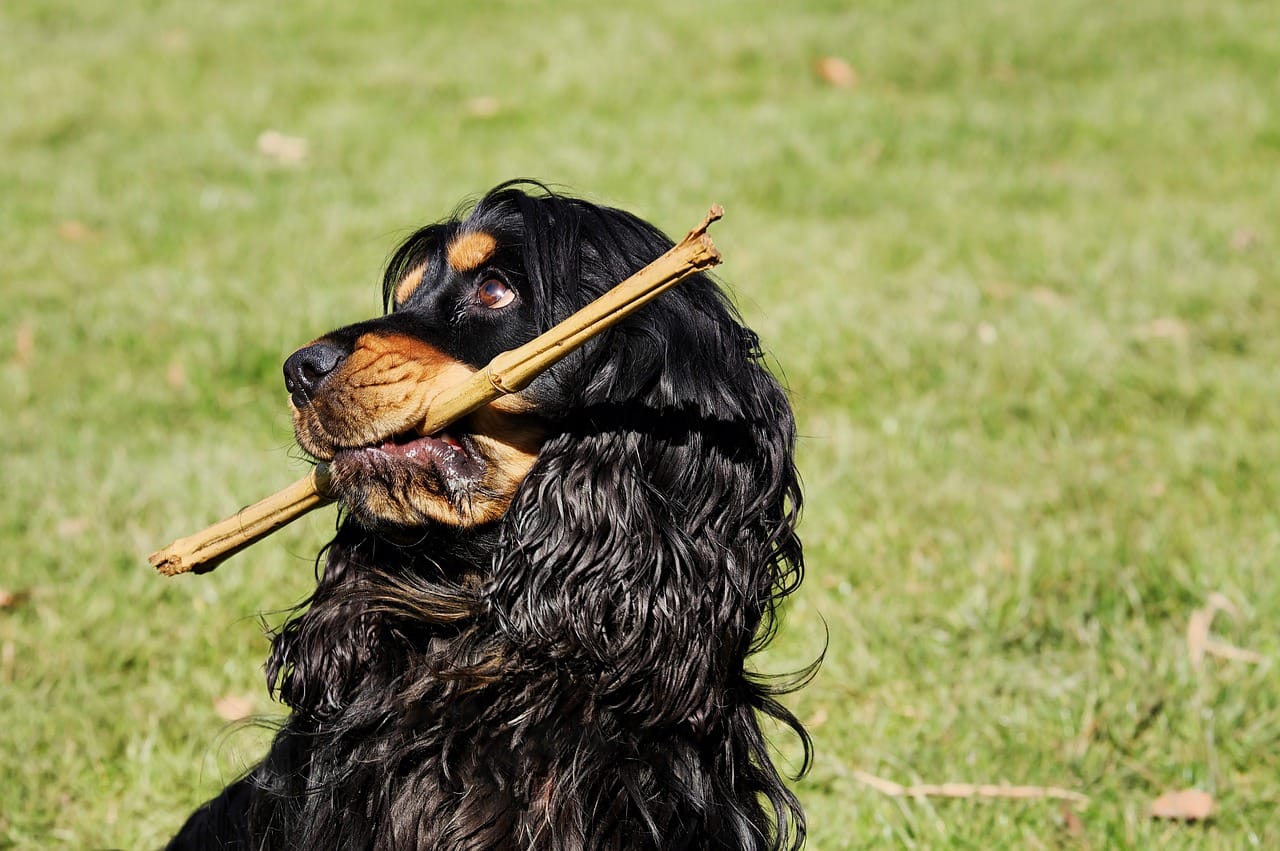
Why They Are Good for First-Time Owners:
- Temperament: Good with family, sweet, and loving.
- Size: Average weight 20 30 pounds.
- Exercise Needs: Somewhat Low.
Cocker Spaniel is a breed perfect for first-time dog owners who want a pet who will respond well to training and be very much. They are Hershey dogs of medium size with exercise moderation. Walking, playing, and understanding activities are quite enjoyable for them, and they are more than delighted to lounge around the house as well.
Cockers are good with children and other pets, making them excellent companions as family pets.
Grooming:
Cocker Spaniels are known for their beautiful coats, which should be taken care of often in order to retain their superiority and avoid matting. A few sessions of brushing the fur every week and some maintenance haircuts every so usually ought to keep the fur in its best condition.
Maltese
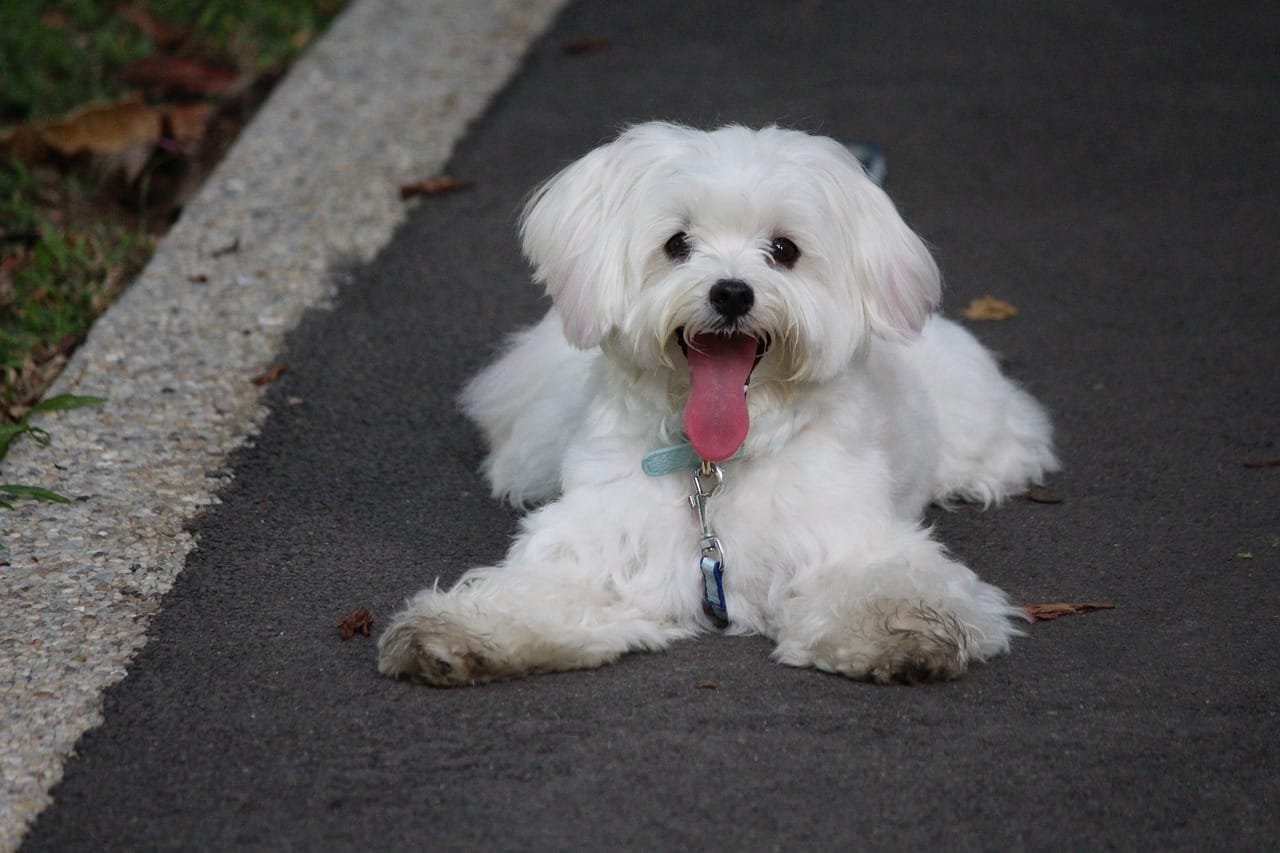
Why They are suitable for people without experience:
- Temperament: If you explained it in one word, it would be – 'love.'
- Size: Small (6-8 gallons).
- Exercise Needs: Low.
The Maltese is a breed of toy dog originating in the Central and Southern parts of Malta, which comes with a long, silky, and furry coat and a lot of affection as well. One of the advantages of Maltese puppies is their size and low exercise requirements, which makes them easy for first-time pet owners like me. These are the best companion dogs for people who want a loving pet that does not require high activity levels.
Grooming:
Because of the long hair of the Maltese dog, it needs to be attended to often, but in most cases, the hair is cut short since the owners do not wish to go through so much trouble.
Beagle
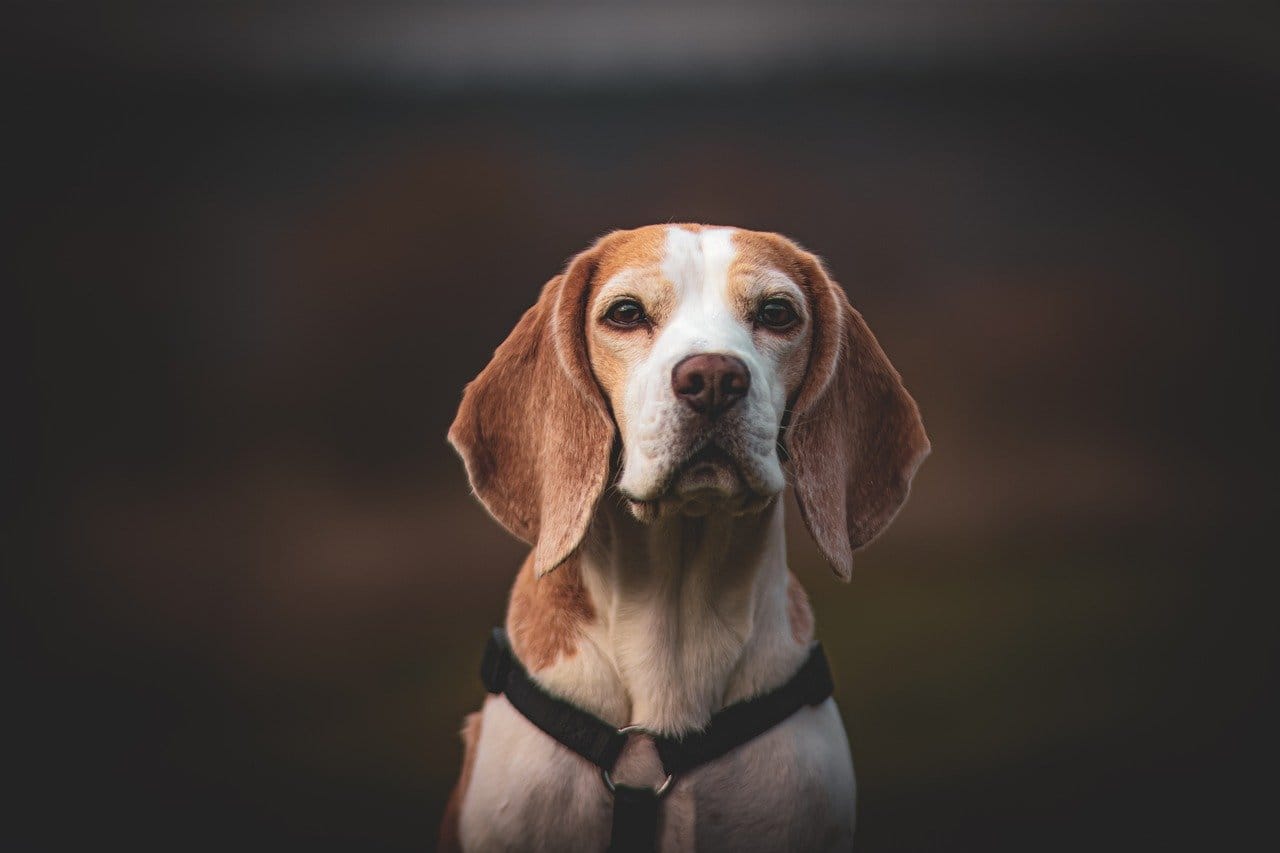
Why They are suitable for people without experience:
- Temperament: Sociable in disposition; nosey.
- Size: Medium (20-30gallons).
- Exercise Needs: Moderate-high.
The Beagle is one such dog breed that has a keen personality and is broadly loved for its cuteness among children and as well its good spirit. Beagle puppies for novices may be beneficial as they are laid back, easy to settle, and interact perfectly with children. They are active and quite playful, and thus, homes that have very physical activity to support the exercise and mental requirements are perfect for them.
Young beagles are trainable as they are intelligent, food-driven dogs. However, they can be prone to distraction because of their acute sense of smell.
Grooming:
Beagles sport a short coat that only takes up a little time and effort on grooming. A bath once a week to remove excess hair will restore its appearance.
Key Things To Note For The First Time Dog Owners
Picking a specific dog breed is but the beginning in the case of bringing a pet home. As a first-time parent to a pet, here are a couple of things that you need to keep in mind.
- Time and Commitment
A considerate amount of time, attention, and determination are paramount for every dog, especially while training the animal and establishing some bonds. In your non-virtual engagements, justify to yourself whether you have the time that is required for proper caring and training of the dog.
- Exercise Needs
Different dog types have varying requirements when it comes to activities, including exercise. Be honest with yourself concerning your lifestyle and go for a breed that is in line with your activity level. If you have such a dynamic breed of which Labrador Retrievers fall, exercising daily is compulsory, but this is different for other breeds, such as a Pug, which do just fine with minimum exercise.
- Grooming
Breeds such as the Shih Tzu and the Maltese often need regular grooming, whereas those such as the Beagle and the French Bulldog are not demanding when it comes to grooming. Do you honestly consider yourself an owner, and if so, how much are you willing to spend in terms of time and money on grooming, or would you rather have a dog pampered very little?
- Temperament
Different breeds differ in their temperament; hence, consider what sort of dog personality would mesh well with your household. Breeds that are more loving, like Cavaliers and Labradors are suitable for families, while those that are more self-sufficient would require more experienced owners.
As a first-time owner, choosing the right dog for your home can be a challenging task, but with the appropriate breed, a reliable friend can be found for many years. Whether you want a small lap pup or a playful, active breed, these dogs are all good for those new to dogs, as they are all friendly and eager to please.
Of course, there is no "one-size-fits-all" when it comes to dogs. Just as with other household pets, any dog can become a loving member of the family if nurtured and trained well. If there is a demand for more information on the subject stated above, I will be glad to provide it in detail.

